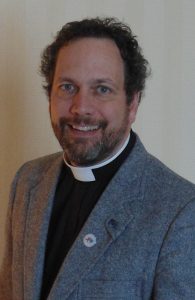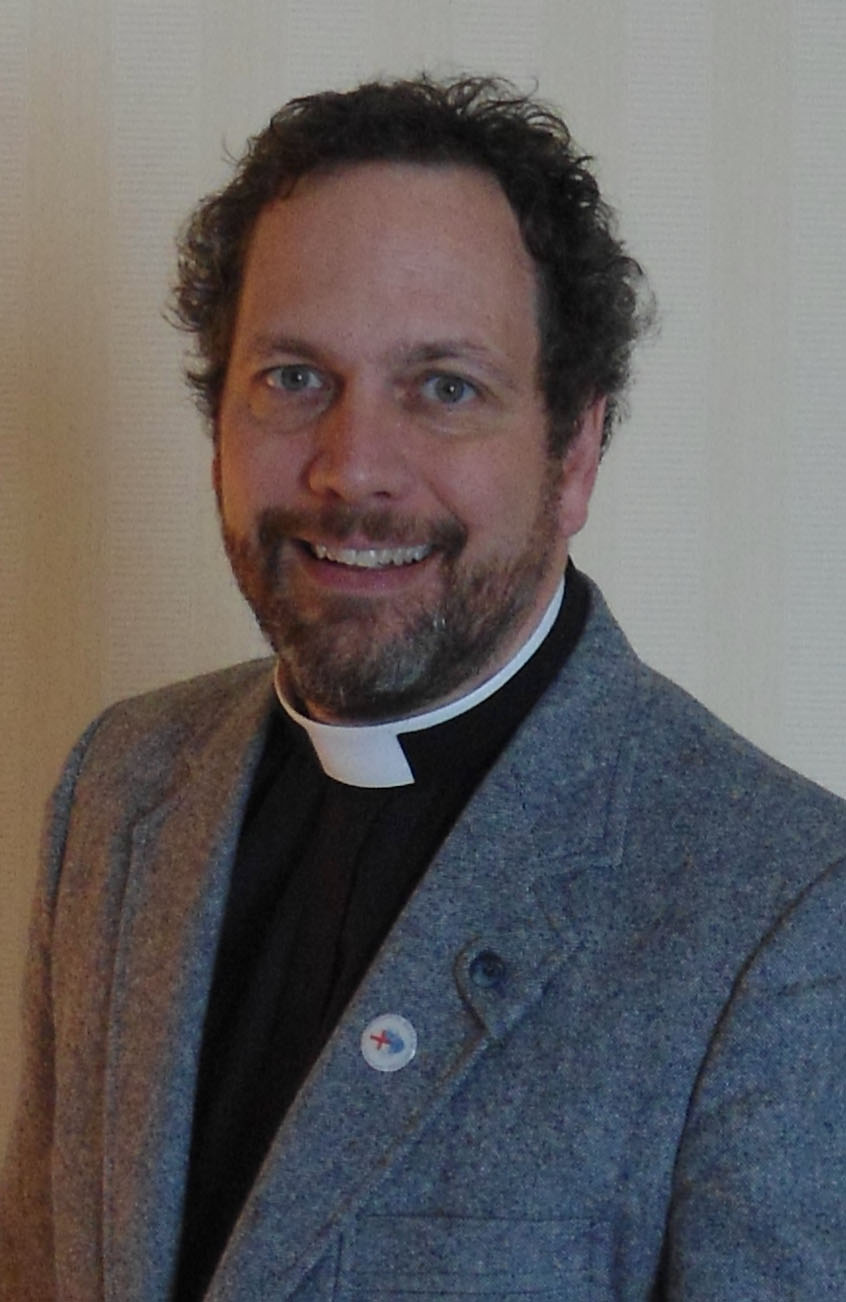 The burning bush is an image I can’t imagine ever being featured on Christmas cards or wrapping paper. The idea of an angel of the Lord appearing to Moses in a flame of fire out of a bush set ablaze yet not consumed by fire may bring to mind Cecil B. DeMille’s epic movie The Ten Commandments. Within Christian art there is another depiction of the burning bush worth recapturing this Christmastide. In Orthodox iconography, Mary may be pictured in an image that morphs the God-bearing virgin with the burning bush encountered by Moses.
The burning bush is an image I can’t imagine ever being featured on Christmas cards or wrapping paper. The idea of an angel of the Lord appearing to Moses in a flame of fire out of a bush set ablaze yet not consumed by fire may bring to mind Cecil B. DeMille’s epic movie The Ten Commandments. Within Christian art there is another depiction of the burning bush worth recapturing this Christmastide. In Orthodox iconography, Mary may be pictured in an image that morphs the God-bearing virgin with the burning bush encountered by Moses.
The fourth century bishop and author Gregory of Nyssa wrote in his On the Birth of Christ that as Moses witnessed a bush ablaze with God’s presence, yet not consumed, so God was fully present in the Virgin Mary’s womb and she was unharmed. The oldest artwork showing illustrating this idea is an icon found at St. Catherine’s Monastery, resting appropriately at the foot of Mount Sinai. That icon is a highly stylized version of the flames emanating from Mary who is herself surrounded by a host of Old Testament scenes. Later art centered on Mary in the midst of the flaming bush or as herself set afire but not consumed.
This is a powerful image of the Incarnation. In Emmanuel, God with us, the fullness of the second person of the Trinity came and lived among us. This makes Christianity, in the words of Archbishop Temple, “the most avowedly materialistic of all the great religions.” For we believe that God can and did come and tabernacle among us in this world turned away from God. In fact, our world is filled with God’s presence and in the well-known word’s of Elizabeth Barrett Browning, “Earth’s crammed with heaven, And every common bush afire with God.” She would go on to point out that this is not always appreciated writing, “But only he who sees takes off his shoes, The rest sit round and pluck blackberries.”
Christmas is a time to stop sitting around and plucking blackberries, and to focus our vision of the world as being ablaze with God’s presence. For God still comes in the unlikeliest ways in unexpected places. The sign the Angel of the Lord gave the shepherds was that they would find, “a child wrapped in bands of cloth and lying in a manger.” A newborn cradled in an animal’s food trough signified the coming of God’s anointed one. With Mary’s pregnancy and now Jesus’ birth the way of the world is already being turned upside down.
The Church is our ongoing response to the life, death, resurrection, and ascension of Jesus. Whether our beloved Episcopal Church can remake itself into a more nimble body is much beside the point of the church’s mission of reconciling all creation to God. A leaner, mission-focused church may support getting on with the evangelism, worship and hands-on ministry to which we are called. But any new structure will not accomplish anything if those inhabiting that structure are not passionate disciples. For if we are not set ablaze by the love of God as found in Jesus, the Christ, how we govern ourselves will be of interest to only those of us already in this Ark, the church. And if those who encounter Episcopalians do not find a people burning with a passion for the Good News of God with us in Jesus, then our proclamation in word and deed may well fail to bring about the transformation that is the fruit encountering God in a meaningful way.
We may not succeed in perfecting our church structures, but if we incarnate the Gospel in word and deed, we can fail at that task but still succeed in the larger, more vital work of being the Body of Christ.
This Christmastide, imagine what a difference we could make if we burned with God’s presence as did that ordinary bush on Sinai’s slopes calling Moses to take off his shoes. Everywhere we minister there are neighbors who have no use for The Episcopal Church, or any other church. Yet everywhere we worship and serve, there are people who need to discover the ineffable joy of God with us, which is “good news of great joy for all the people.”
May the peace of the Lord fill your heart and mind this Christmastide,
Frank
The Rev. Canon Frank Logue
Deputy and Chair of the deputation, Diocese of Georgia


